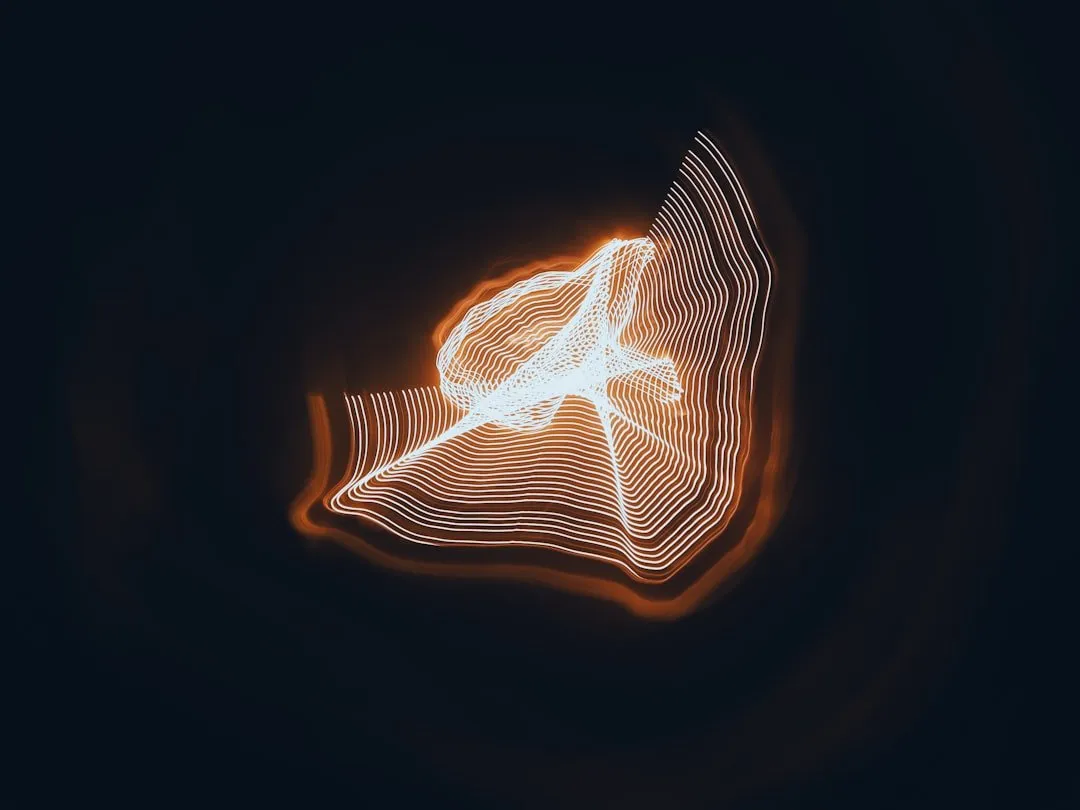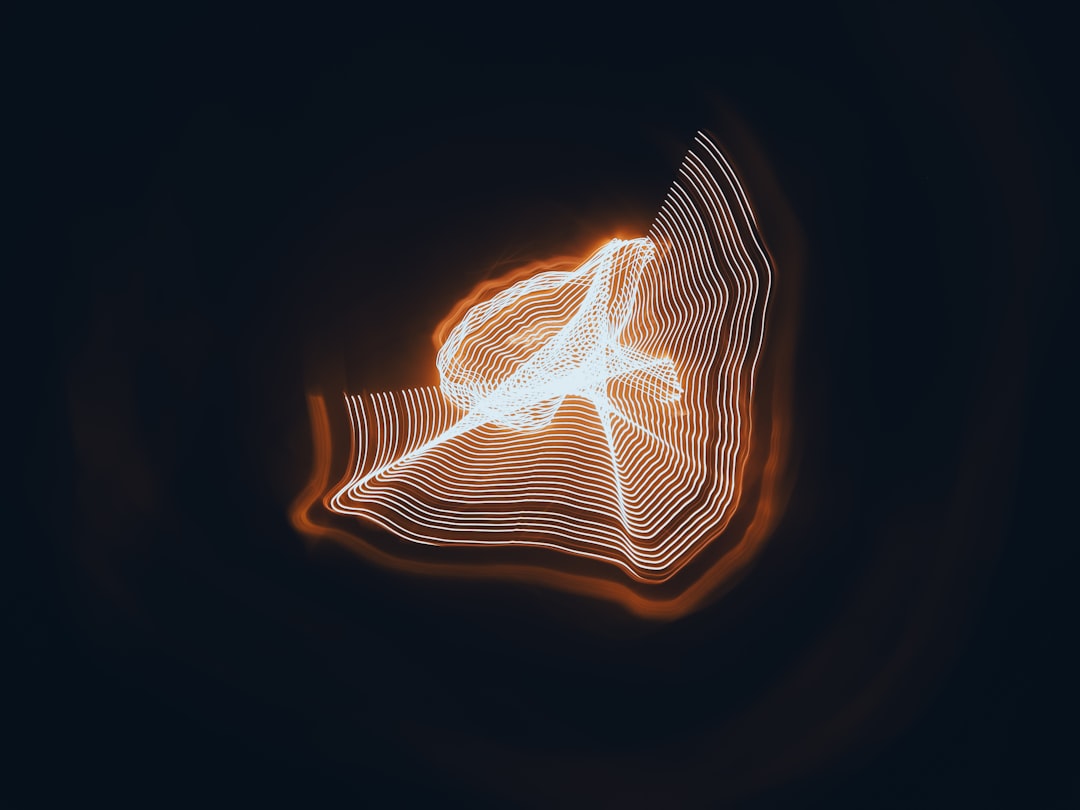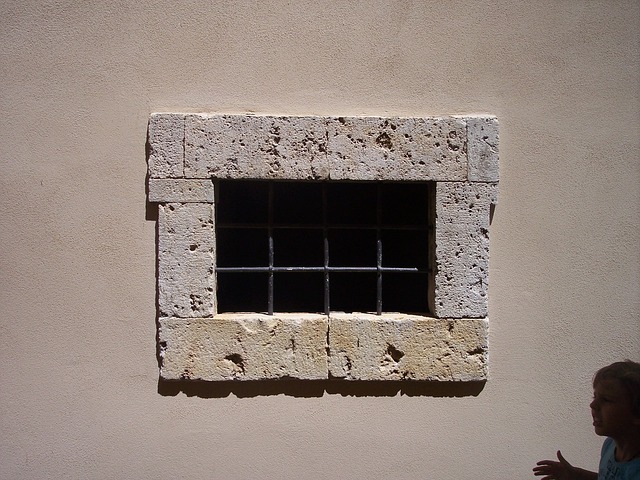Maeng Da Kratom Powder is a popular strain with high 7-HMG content, offering both stimulating and relaxing effects without jittery side effects like traditional caffeine sources. Unlike coffee, kratom has lower caffeine levels but gets its boost from mitragynine alkaloids. This distinguishes it from "does kratom have caffeine?" inquiries, where the answer is no in the conventional sense. Maeng Da stands out for its robust effects and adaptable applications, making it a go-to choice for various needs from pain relief to enhanced productivity.
Maeng Da Kratom Powder has gained significant attention for its potent effects, often attributed to its high caffeine content. This comprehensive guide delves into the world of Maeng Da, exploring what sets it apart from other kratom strains. We’ll dissect the science behind its caffeine levels and how they influence the unique experiences users report. By understanding the effects and responsible uses of Maeng Da Kratom Powder, individuals can navigate this popular herb’s potential benefits and make informed decisions.
- Maeng Da Kratom Powder: A Comprehensive Overview
- Exploring the Caffeine Content in Kratom
- Understanding the Effects and Uses of Maeng Da
Maeng Da Kratom Powder: A Comprehensive Overview

Maeng Da Kratom Powder, often hailed as a potent and sought-after strain, is renowned for its unique properties among kratom enthusiasts. This specific variety, originating from Thailand, stands out due to its high levels of 7-Hydroxymitragynine (7-HMG), the primary active alkaloid in the kratom plant. What sets Maeng Da apart is not just its strong effects but also its versatility—it offers a balanced blend of stimulating and relaxing properties, making it appealing for various preferences.
Unlike traditional coffee or teas that contain caffeine, Maeng Da Kratom Powder’s energy boost comes from mitragynine, its signature compound. This makes it an attractive alternative for those looking to reduce reliance on caffeinated beverages while still enjoying a boost in focus and alertness. The powder form allows for precise dosing, making it convenient for individuals to tailor their experience according to their needs, whether they’re seeking relief from pain or stress, or simply wanting to enhance their daily productivity without the jittery side effects often associated with caffeine consumption.
Exploring the Caffeine Content in Kratom

Kratom, a natural herb native to Southeast Asia, has gained popularity for its unique effects on the body and mind. One common question among users is whether kratom contains caffeine, as it can produce energy-boosting and stimulating effects similar to coffee. The answer is both yes and no. While kratom does contain compounds that can act as stimulants, it’s not an equivalent to caffeine found in coffee beans.
The stimulant properties in kratom stem from several alkaloids, with 7-hydroxymitragynine (7-HMG) being the primary one responsible for its energy-boosting effects. However, the caffeine content in kratom is relatively low compared to coffee. This means that while you may experience increased alertness and focus, it’s unlikely to induce the same level of jitteriness or rapid heartbeat as a high dose of caffeine alone. Understanding the caffeine content in kratom can help users make informed decisions about their consumption and manage expectations regarding its effects.
Understanding the Effects and Uses of Maeng Da

Maeng Da Kratom Powder, also known as Thai Kratom, is renowned for its potent effects and diverse applications. Unlike many other kratom strains, Maeng Da contains higher levels of mitragynine, the primary psychoactive compound responsible for its unique properties. This strain offers a balanced blend of stimulating and sedative effects, making it versatile for both energy enhancement and relaxation purposes.
One common question about Maeng Da is whether it contains caffeine, a stimulant often associated with similar plants. Interestingly, kratom does not have caffeine in the traditional sense. While it may share some stimulating properties, these are derived from mitragynine and other alkaloids specific to the kratom plant (Mitragyna speciosa). This distinguishes kratom from coffee or tea, which contain caffeine as their primary stimulant component. Understanding this distinction is essential when considering the effects and uses of Maeng Da Kratom Powder.
Maeng Da Kratom powder, with its potent effects and unique properties, has captured the interest of many. As we’ve explored, this strain boasts a higher caffeine content compared to others, offering both energizing and calming experiences depending on the dosage. While it’s essential to be mindful of kratom’s stimulant qualities, particularly ‘does kratom have caffeine,’ understanding its potential benefits can help users make informed decisions. Remember that responsible use is key, and consulting experts or healthcare professionals is always recommended before incorporating any new substance into your routine.














